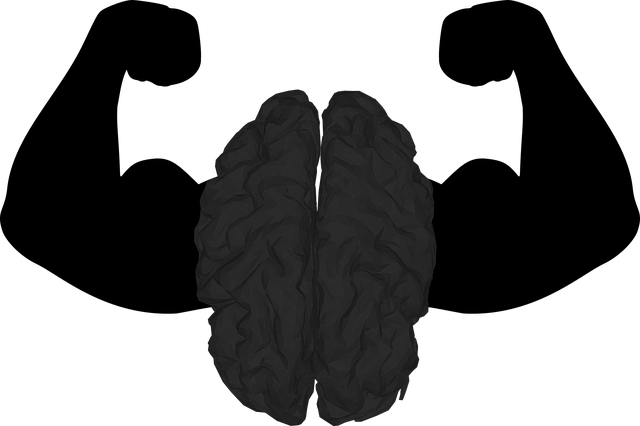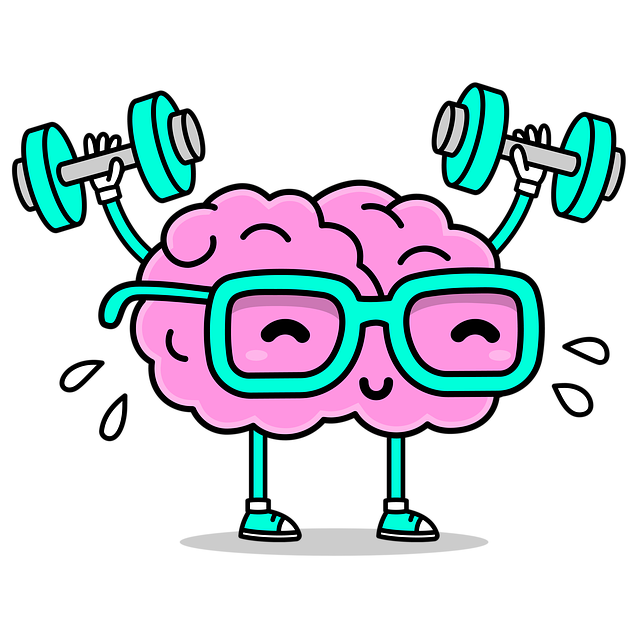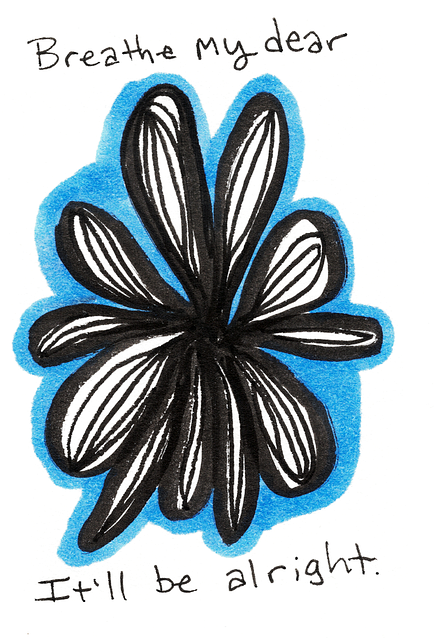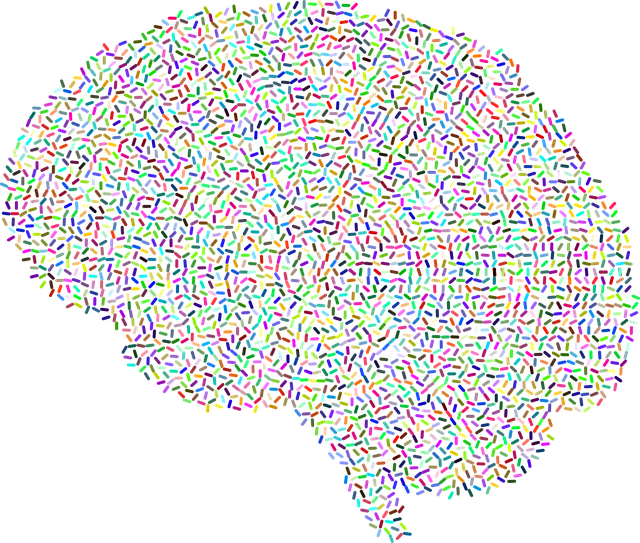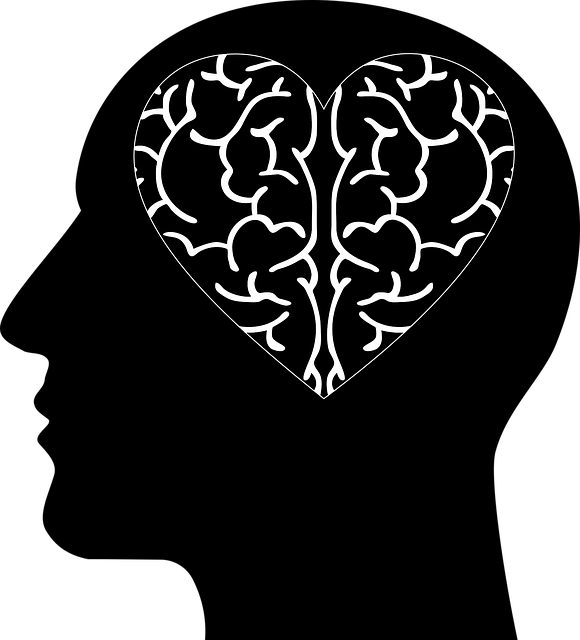Louisville's autism spectrum disorder (ASD) community benefits from Resourceful Fronting and Mindfulness (RFM) techniques, offering a unique therapy approach combining mindfulness and cognitive reframing. RFM enhances emotional intelligence and resilience, addressing ASD symptoms while combating mental illness stigma. Through tailored exercises, community outreach, and integrated programs, Louisville's ASD individuals gain improved well-being, social skills, and self-soothing strategies for managing sensory overload. Structured yet adaptable RFM implementation in therapy sessions, combined with continuous practice, leads to successful outcomes measured through standardized assessments and qualitative feedback. This revolutionary approach enriches lives and revolutionizes Louisville ASD therapy services.
“Louisville Autism Spectrum Disorder (ASD) therapy benefits greatly from Role-Function-Mindfulness (RFM), a powerful approach enhancing resilience. This article explores RFM’s significance in ASD treatment, offering a comprehensive guide for therapists. We delve into designing tailored resilience-building exercises relevant to Louisville’s community and provide a step-by-step implementation strategy. Additionally, we discuss measuring the success and long-term impact of resilience training, emphasizing its potential to transform lives.”
- Understanding RFM and Its Relevance in Autism Spectrum Disorder Therapy
- Designing Resilience-Building Exercises for Louisville's ASD Community
- Implementing RFM: A Step-by-Step Guide for Therapists
- Measuring Success and Long-Term Impact of Resilience Training
Understanding RFM and Its Relevance in Autism Spectrum Disorder Therapy

In the realm of Louisville Autism Spectrum Disorder (ASD) therapy, understanding Resourceful Fronting and Mindfulness (RFM) techniques is paramount. RFM combines mindfulness practices with cognitive reframing to empower individuals with ASD in navigating their emotions and sensory environments. This approach leverages the brain’s plasticity, fostering resilience and emotional intelligence – key aspects in addressing not just ASD symptoms but also mitigating the Mental Illness Stigma that often accompanies these conditions.
By integrating Mind Over Matter principles, RFM exercises enable clients to develop self-soothing strategies and enhance their ability to regulate emotions. This is particularly beneficial in managing sensory overload, a common challenge for individuals with ASD. Through consistent practice, these exercises contribute to improving overall well-being and social interactions, ultimately enriching the lives of those seeking Louisville ASD therapy services.
Designing Resilience-Building Exercises for Louisville's ASD Community

Louisville’s Autism Spectrum Disorder (ASD) community can greatly benefit from tailored resilience-building exercises designed to enhance coping mechanisms and overall well-being. These exercises should be inclusive, considering the diverse needs and abilities within the ASD population. A successful strategy involves a collaborative approach with local Community Outreach Programs, leveraging their expertise in community engagement and support services.
By implementing activities such as Conflict Resolution Techniques and incorporating Mindfulness Meditation practices, individuals with ASD can develop valuable skills to navigate social interactions and manage stress effectively. These exercises should be integrated into regular therapy sessions and community events, fostering a supportive environment where learning and growth are encouraged. Such initiatives not only empower individuals but also foster a sense of belonging and resilience within the Louisville ASD community.
Implementing RFM: A Step-by-Step Guide for Therapists

Implementing RFM (Resilience, Flexibility, and Mindfulness) with Louisville Autism Spectrum Disorder (ASD) Therapy clients involves a structured yet adaptable approach. Here’s a step-by-step guide for therapists aiming to integrate RFM into their practice:
1. Assess Individual Needs: Begin by evaluating each client’s unique challenges and strengths. Identify specific areas where resilience, flexibility, or mindfulness can be enhanced through RFM exercises tailored to their ASD experience.
2. Educate on Concepts: Introduce the principles of RFM in a simple, understandable manner. Explain how these practices can help manage emotional responses, adapt to changing situations, and foster a sense of calm. Louisville ASD therapy sessions often benefit from integrating real-life scenarios to illustrate these concepts.
3. Build a Foundation: Start with basic mindfulness techniques, like deep breathing or sensory grounding exercises. These foundational skills prepare clients for more advanced RFM practices by enhancing their ability to focus and regulate emotions.
4. Introduce Flexibility Training: Implement activities that encourage clients to embrace change and uncertainty. This could include role-playing scenarios, where they practice adapting to unexpected shifts, or cognitive reframing exercises to challenge negative thoughts.
5. Cultivate Resilience through Community Outreach: Engage in a Louisville community outreach program implementation that connects clients with diverse experiences and environments. Group activities or volunteer work can build resilience by exposing them to new situations and fostering social interaction skills.
6. Integrate Communication Strategies: RFM strengthens communication by teaching clients to express their needs and manage interactions effectively. Practice active listening, assertiveness training, and nonverbal cues to enhance social understanding and communication confidence.
7. Encourage Consistent Practice: Consistency is key to developing inner strength. Encourage clients to incorporate RFM exercises into their daily routines, providing support and resources for ongoing practice between sessions.
Measuring Success and Long-Term Impact of Resilience Training

Measuring the success and long-term impact of resilience training is a crucial aspect of evaluating its effectiveness in programs like Louisville Autism Spectrum Disorder Therapy. By integrating Self-Care Practices and Mental Health Education Programs Design, therapists can assess not only immediate outcomes but also the lasting benefits for individuals with ASD. Standardized assessments and qualitative feedback forms allow professionals to gauge improvements in emotional regulation, coping strategies, and overall well-being.
This process involves tracking participation rates, frequency of training sessions, and individual progress over time. Additionally, following up with participants through surveys or interviews can reveal how Mindfulness Meditation techniques and resilience-building exercises have influenced their daily lives, relationships, and ability to navigate challenging situations. Such insights are invaluable for refining program designs and ensuring that the interventions have a profound and positive impact on mental health outcomes.
Louisville autism spectrum disorder (ASD) therapy benefits greatly from incorporating Resilient Flexible Mindset (RFM) exercises. By understanding RFM’s relevance and implementing structured, step-by-step guides, therapists can empower individuals with ASD to build resilience. Measuring the success of these interventions reveals their significant impact on long-term outcomes, fostering a more adaptive and confident community for folks navigating the challenges of ASD in Louisville.
